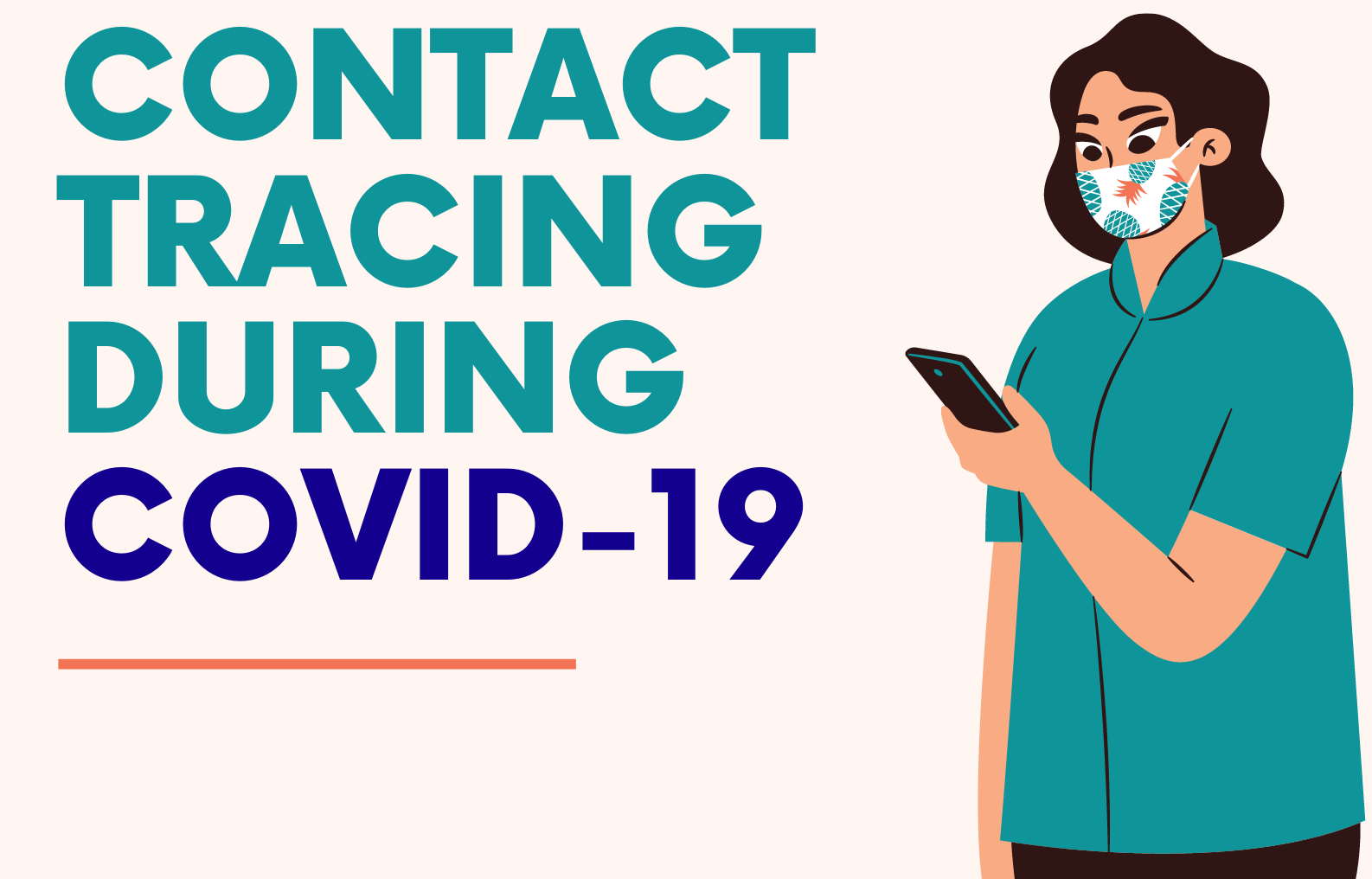Health officials are stopping the spread of COVID-19 in many ways. Contact tracing is one method for the public to be informed if they have been in contact with a person who has or had COVID-19. Local and state health department officials work with patients to help them remember anyone they have been in close contact with while they may have been contagious, and then public health staff contact those individuals of their potential risk of COVID-19, usually with a phone call.
If you are called by a contact tracer, there are a couple things you should know:
How to Stay Healthy
Depending on your exposure, the contact tracer could give health advice including if you should quarantine, and for how many days. They may also ask you to see your doctor, watch your symptoms, or to get tested for COVID-19. These are important steps you should take to stop the spread of COVID-19.
Privacy
Any information you share with the contact tracer is completely confidential, including your identity or any health information. They will not share your identity or any personal information with people you may have been in contact with, either.
Scams
Some scammers are pretending to be contact tracers to steal private information. You should be careful if you receive a call or a text message that seems suspicious. Legitimate contact tracers will never ask you for any money, your Social Security number, bank information, credit card numbers, or Medicare Number. If the call or text seems suspicious to you, hang up or do not respond, and report it at ftc.gov/complaint.
Your participation is key to prevent the spread of COVID-19. If you would like to learn more, please click on the link below:
CDC Contact Tracing Information
About the Author
Joan Werblun – Joan Werblun, RN is a retired diabetes nurse educator and an advisory committee member of the Chronic Care Policy Alliance.


